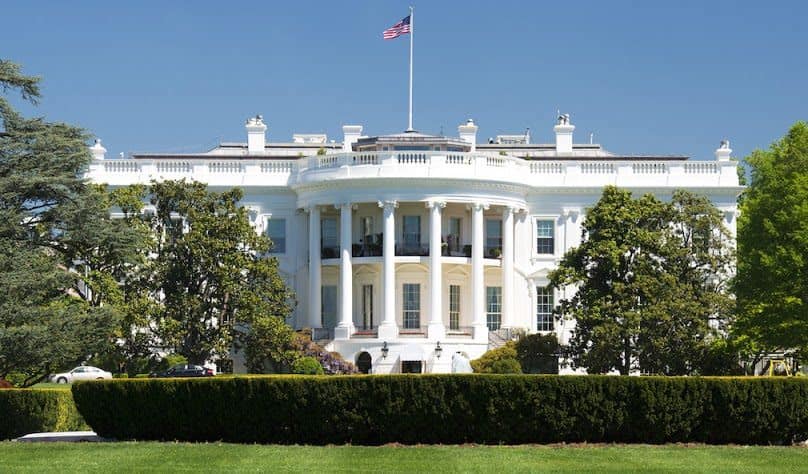With the 2016 Republican and Democratic national conventions quickly approaching, it’s about time for the presidential candidates to lay out specific proposals with regards to their governing agenda.The presidential candidates have an possibility to guard taxpayers and to help consumers by making housing finance reform a top priority. It’s time for the presidential candidates to step forward and declare where they stand. The candidates should answer these five questions about how they will reform the housing finance market.

5 crucial housing questions the next President ought to answer
1. How will taxpayers be protected in a future system?
2. How will private capital be brought into the current system?
3. How will the brand new system enable consistent sources of credit for consumers throughout the 30-year fixed rate mortgage and similar stable products?
4. And what will the transition be from Fannie Mae and Freddie Mac to a new system?
5. How will you build on efforts currently underway to expand credit risk sharing, use a common securitization platform and move toward a single security for the secondary market?
So, why is housing finance reform so important to everyday Americans? This issue impacts everyone.
Reform of Fannie Mae and Freddie Mac is one of the major tasks left unfinished from the 2008 financial crisis. Fannie Mae and Freddie Mac – the housing government-sponsored enterprises or GSEs – had a flawed structure, being private companies with special Congressional charters that led the marketplace to see them as fully backed by the government.
The GSEs lacked sufficient capital to support themselves when the housing market failed and the government and American taxpayers were forced to bail them out.
Since 2008, Fannie Mae and Freddie Mac have been in “conservatorship” or under government control. Without housing finance reform, taxpayers continue to be in danger of future losses and without having a long-term solution to ensure consumer access to affordable, stable mortgage credit in the foreseeable future.
An overwhelming majority of home mortgages in the united states pass through Fannie and Freddie’s hands, a situation that is widely agreed to be unsustainable. Essentially, the mortgage market no longer functions properly; it really is too dependent on the government’s support for the GSEs.
Reforms are necessary to encourage and let private capital finance the mortgage market, accurately price risk and protect taxpayers from potential losses if there is another downturn.
Comprehensive housing finance reform that gradually winds down Fannie and Freddie and replaces them with a new market structure backed by increased private capital is the ideal solution to strengthen America’s housing finance system and to protect taxpayers.
In his famous 2007 commencement address at UC Berkley, Nobel laureate Thomas Sargent explained, “Everyone responds to incentives, including people you want to help. That is why social safety nets don’t always end up working as intended.”
To remedy these unintended consequences, we need a new market structure in which the government role has to be “last-resort” backstop instead of the current situation where the government is the only safety net for the mortgage market.
So we hope the candidates will take this opportunity to lay out their plans and answer these five questions. The American people deserve an answer. We would love to hear your thoughts. Please feel free to click here and let us know what you think.

